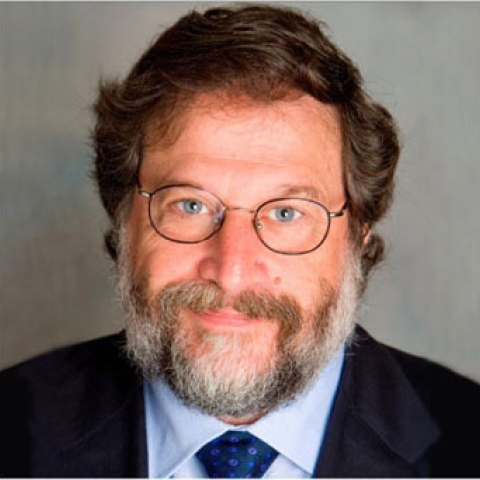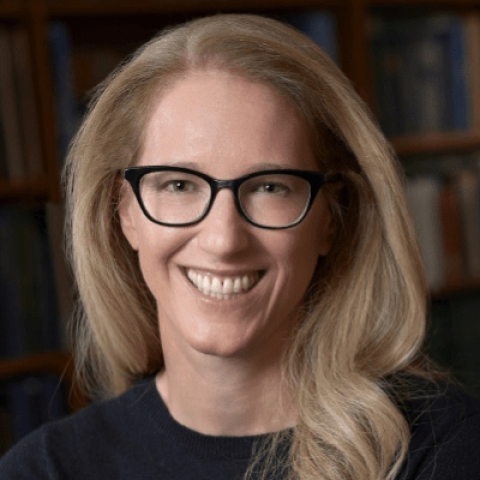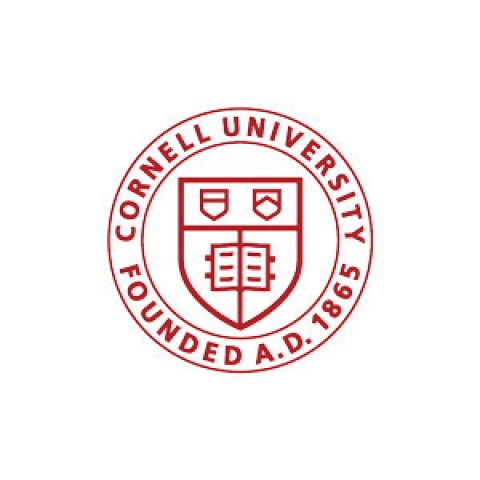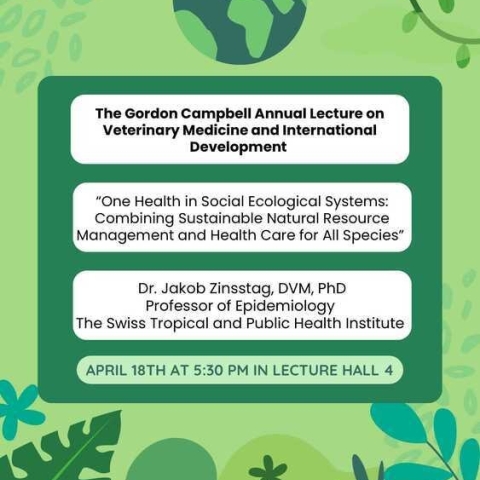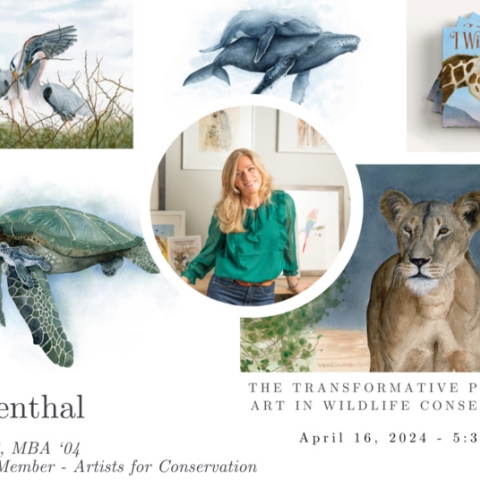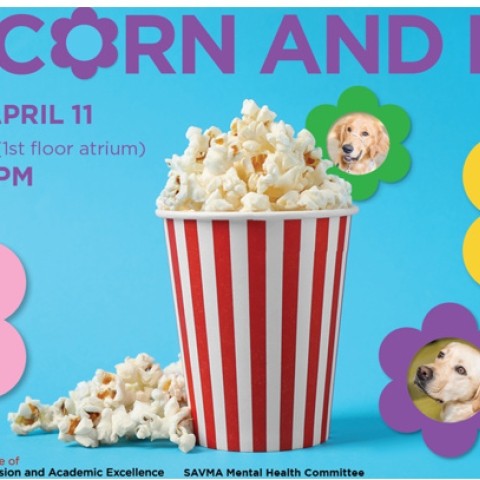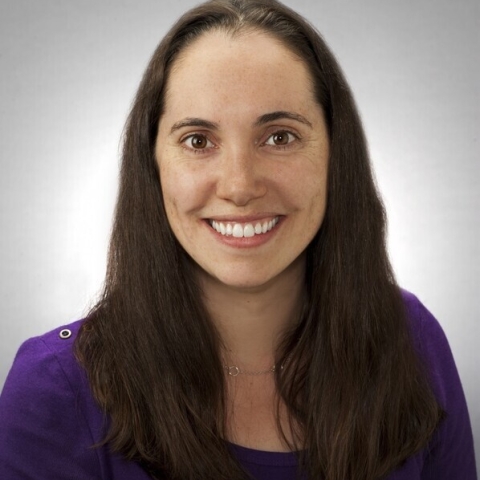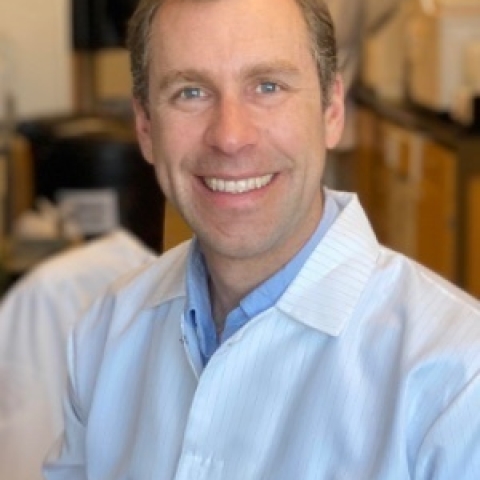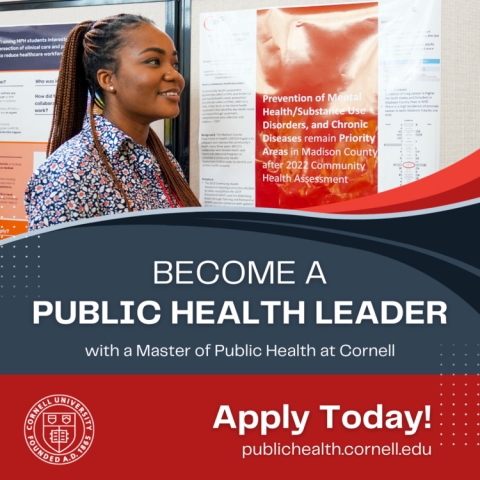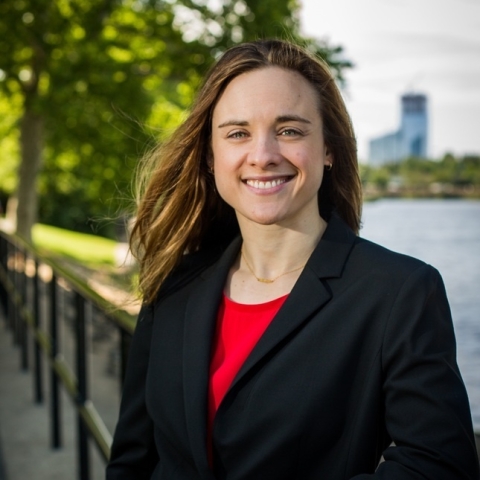Past Events: 2024
Full listing
Title: "Antibodies and Their Receptors: Coupling Innate and Adaptive Immunity"
By: Jeffrey Ravetch, The Rockefeller University
"The aldehyde hypothesis”
Mycobacterium tuberculosis, a human-exclusive pathogen, is arguably the deadliest microbe on the planet. While SARS-CoV-2 killed more people than M. tuberculosis for a year or two, it is estimated M. tuberculosishas killed 1-2 million people yearly for millennia. The long coexistence of this bacterial species with humans has likely resulted in the selection of host and pathogen populations that prevent either's extinction. We propose that reactive aldehydes produced in metabolic pathways are exploited during certain microbial infections. While there has been a...
Artificial intelligence is a broad and growing discipline that touches many facets of everyday life for humans and is more recently emerging in veterinary medicine through topics like companion animal health, population medicine and zoonotic diseases, and digital agriculture and food sustainability. While there has been considerable growth in the use of AI in human medicine, to date, there has been no concerted effort to bring veterinarians practitioners and AI researchers together and share knowledge. This symposium, the first of its kind, will provide a forum for veterinarians, computer...
Title: "Immune-Mediated Mechanisms of Tissue Adaptation and Maladaptation"
By: Shruti Naik, NYU Grossman School of Medicine
The Gordon Campbell Annual Lecture on Veterinary Medicine and International Development will be held on Thursday, April 18th in Yarnell Lecture Hall 4 from 5:30-6:30 p.m. The Campbell Lectureship was created to honor the late Professor Gordon Campbell's legacy of supporting student personal growth, professional development and international engagement.
This year, the Campbell Lecturer is Dr. Jakob Zinsstag, presenting “One Health in Social-Ecological Systems: Combining Sustainable Natural Resource Management and Health Care for All Species”.
Dr. Zinsstag is a veterinarian with a PhD in...
You are cordially invited to join us for a special event on Tuesday, April 16th at 5:30PM EDT.
The Transformative Power of Art in Wildlife Conservation with Brett Blumenthal BArch ’96, MBA ’04
This is a hybrid event:
Register here to attend in person.
Register here to attend online.
If you plan to join us in person, the event will be held in the Yarnell Lecture Hall & Lecture Hall 5 at Cornell's College of Veterinary Medicine, 602 Tower Road, Ithaca, NY.
We hope to see you there!
This event is hosted by the Cornell University College of Veterinary Medicine, the Cornell K. Lisa Yang Center for...
Title: "Restoring Diplomatic Relations with Microbes"
By: Ken Cadwell, University of Pennsylvania Perelman School of Medicine
Climate change has a disproportionate impact on the world’s most vulnerable populations, yet climate crises also impact people across the full spectrum of wealth and power. How do we understand these varied impacts and design climate policy to maximize human well-being and justice on a global level?
As climate change accelerates, we see the rise of violent conflict and humanitarian emergencies in some places but not others. In some places but not others, we see disruptions in food security and forced migration. And around the world, debates rage about access to energy, the...
"Functional genomics and phage therapy for antibiotic-resistant bacterial infections"
Phage therapy is a new therapeutic approach for treating antibiotic-resistant infections. Dr. Van Tyne will describe ongoing efforts in her lab to offer phage therapy to patients with resistant infections, and to study what happens to patients that receive this experimental therapy.
Biography:
Dr. Van Tyne completed her undergraduate work at Vassar College, followed by PhD studies at the Harvard T.H. Chan School of Public Health. She then pursued post-doctoral training at Harvard Medical School, and joined...
“Impact of phages on cholera and their use in preventing infection”
Phages play major roles in the ecology and evolution of bacteria, including many human pathogens. We found that cholera patients often shed stools with high titers of one of three species of phages. We provide evidence that these three phages prey extensively on V. cholerae within the human gastrointestinal tract, and impact the infection, dissemination, transmission and evolution of V. cholerae. Indeed, we hypothesize these phages have evolved specifically to multiply on V. cholerae during human infection as opposed to in...
Title: "Of Barriers and Viruses: Investigating Mechanisms Used by Viral Pathogens to Trigger Vascular Leak, Pathogenesis, and Promote Viral Dissemination"
By: Scott Biering, University of California, San Diego
Become a Cornell Public Health professional! Find out how to promote health and wellbeing, advance health equity and sustainability and LEAD CHANGE! Join us and learn more about our MPH Program and new concentrations. We look forward to speaking with at our virtual info session.
"Advancing engagement in antimicrobial stewardship through effective communication strategies"
This talk will make a compelling justification for the importance of considering communication in the implementation of efforts to improve how antibiotics are used. It will provide an overview of effective communication strategies that can be used with prescribers and patients to promote antibiotic stewardship.
Biography:
Dr. Julia E. Szymczak is an Associate Professor in the Division of Epidemiology at the University of Utah School of Medicine, where she Co-Directs the Utah Quality Advancement...



